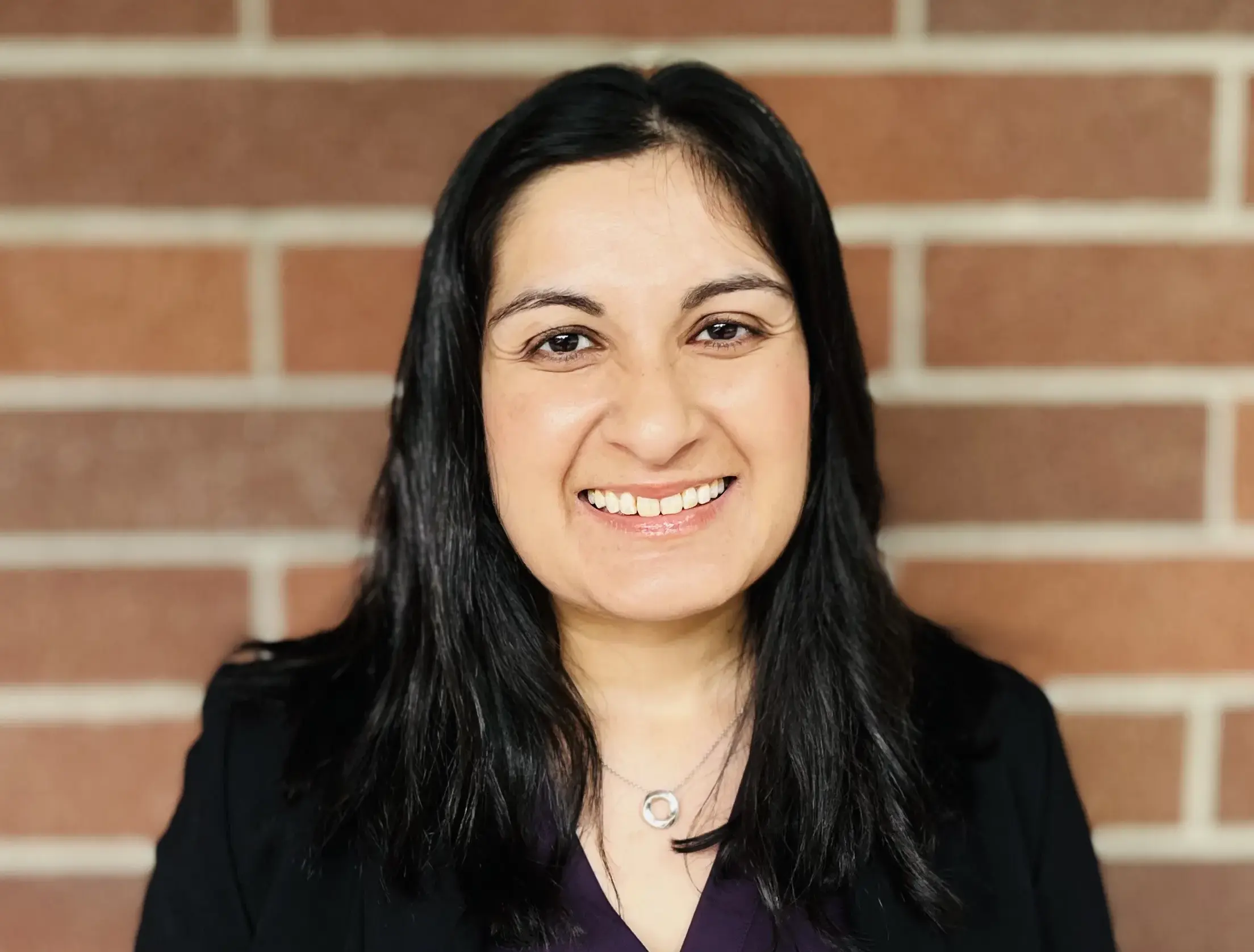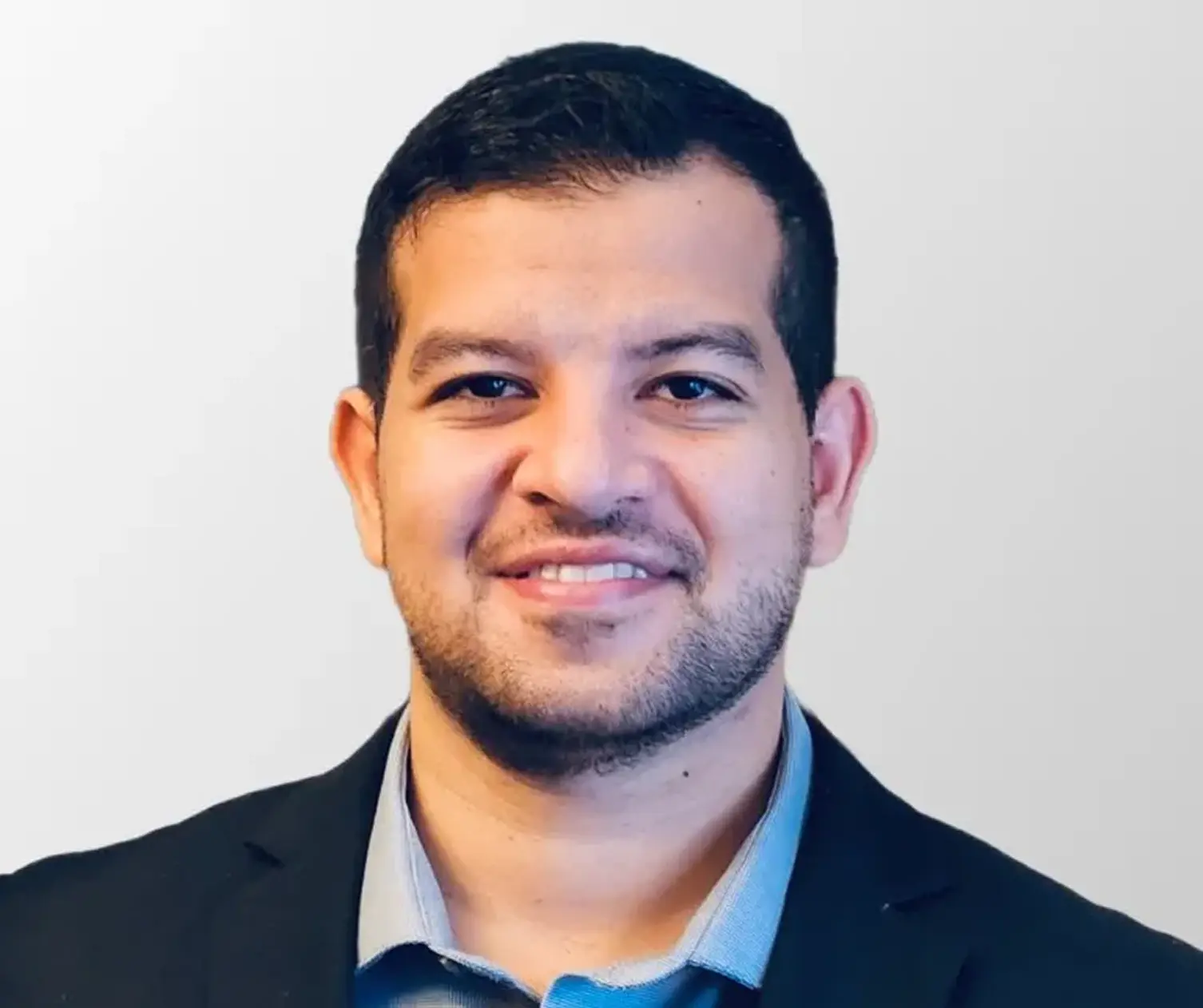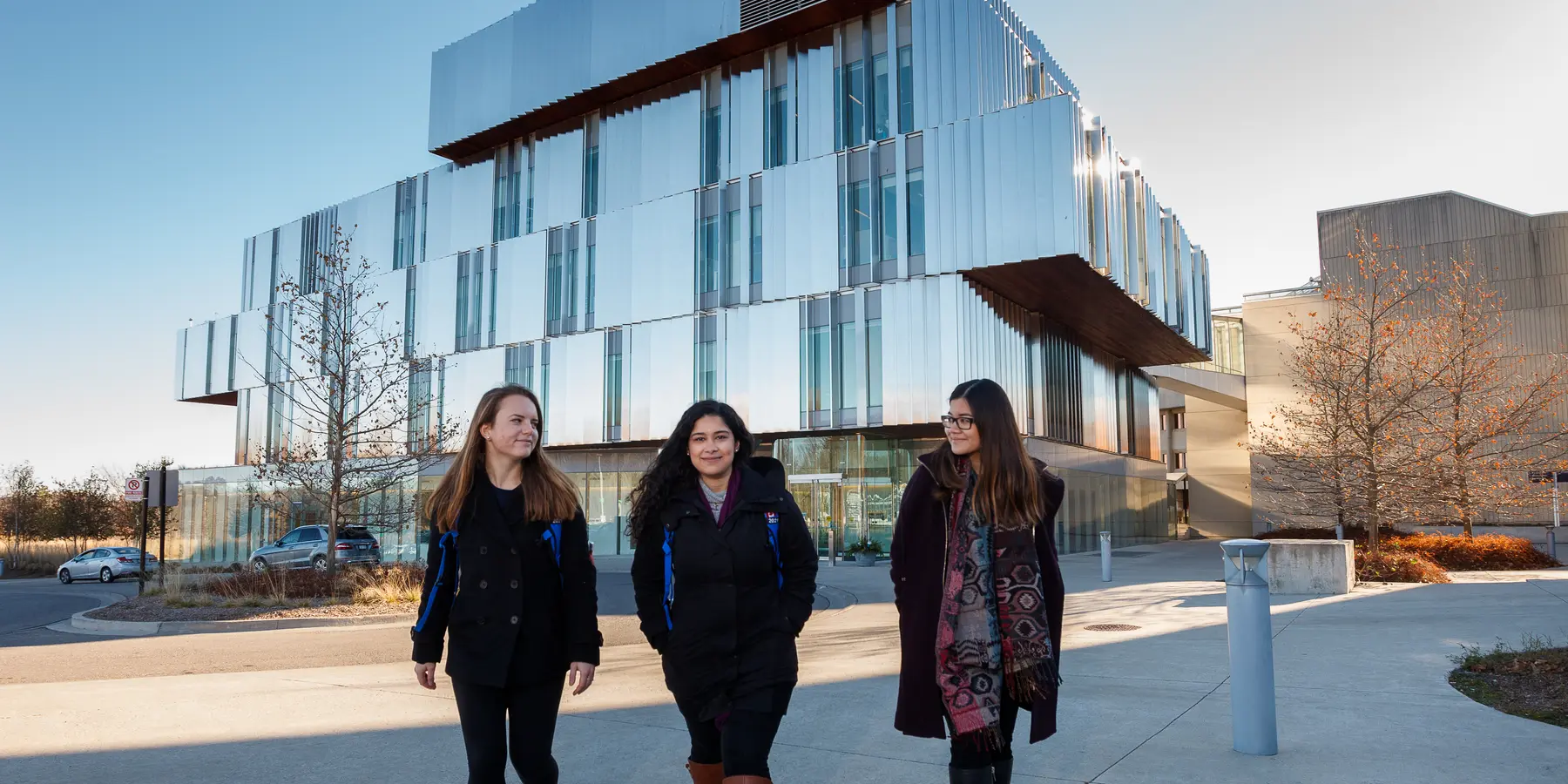
Curious about the benefits of a gap year? Taking a year off can boost personal growth, develop valuable life skills, and even improve your academic and professional prospects. The gap year benefits are numerous, and they can truly transform your future. Read on to discover how a gap year can make a difference.
Key Takeaways
- A gap year promotes personal growth, self-discovery, and independence, helping you clarify your goals and values.
- Real-world experiences gained during a gap year enhance valuable life skills like resilience, problem-solving, and adaptability, preparing you for future challenges.
- Careful planning and budgeting are essential for a successful gap year, with various scholarships and resources available to ease financial burdens.
Personal Development and Self-Discovery
Taking a gap year can be a transformative journey of personal development and self-discovery. Stepping away from the daily grind and routine gives you the space to reconnect with your true self. This break allows you to reflect on your personal goals and values, taking time to foster a deeper sense of self-awareness.
New and diverse experiences during a gap year often lead to significant personal growth. This encourages adventure and exploration, helping to clarify your personal goals and ambitions. This period of self-discovery is invaluable, as it not only helps prevent burnout but also reveals your passions and what truly drives you, creating a transformative experience.
Moreover, a gap year promotes independence and maturity. Facing real-world challenges and navigating new environments builds resilience and self-confidence. This growth is crucial before embarking on your academic journey, as it equips you with the life experience needed to handle future challenges.
Intentional reflection on gap year experiences can provide clarity of direction and influence career ambitions. This period of personal investment is not just about pausing but about preparing yourself for the next steps in life with a clearer vision and renewed energy.
Gaining Valuable Life Skills
A gap year is a prime opportunity to build valuable life skills that will serve you well in both personal and professional arenas. Spending time managing time and finances while traveling independently teaches essential skills like resilience, independence, and problem-solving.
Engagement in various gap year activities enhances your time management skills. Balancing multiple responsibilities, whether it’s through volunteering, internships, or travel, helps you develop better planning and task management abilities. These skills are not only beneficial for your future academic journey but also for a successful career path.
Navigating new environments and situations during a gap year fosters problem-solving abilities. Each new challenge you face adds to your repertoire of life experiences, making you more adaptable and resourceful. These experiences are crucial for personal development and can significantly impact your professional growth.
Ultimately, the life skills acquired during a gap year are about thriving, not just surviving. They prepare you for the real world, equipping you with the tools needed to handle various challenges confidently and effectively. These valuable experiences lay a solid foundation for your future endeavors, whether in education, career, or personal life.
Professional Development Opportunities
A well-planned gap year can be a pivotal time for professional development. Combining internships with volunteer work creates a comprehensive experience that significantly boosts career prospects.
Volunteering during a gap year enhances skills and improves job prospects. It provides practical work experience that is highly valued by employers and can shape your future career path. Such experiences contribute to both professional growth and personal development.
Networking is another critical aspect of professional development during a gap year. The connections you make can provide valuable insights and opportunities, helping you build a robust professional network. This network can be instrumental in guiding your career decisions and opening doors to new opportunities.
Experiences gained during a gap year help in discovering and clarifying career ambitions. By engaging in various professional activities, you get a better understanding of what you enjoy and what you’re good at, guiding you towards a more focused career path.
Exploring New Cultures Through Gap Year Programs

Engaging with different cultures during a gap year is often transformative. It fosters cross-cultural communication skills, which are highly valued by employers. Exposure to new cultures develops respect, critical thinking, and the ability to communicate across cultural barriers.
Many gap year programs include structured activities that encourage participants to engage with local cultures through volunteering or internships. Such activities provide a deeper understanding and appreciation of other cultures, broadening your worldview and fostering global awareness.
Traveling and immersing in new cultures during a gap year accelerates language learning and enhances cultural competence. For example, regions like Tunisia offer rich cultural experiences that can be explored during gap year programs.
Interacting with people from different cultural backgrounds during a gap year helps develop valuable social skills, such as adaptability and open-mindedness. These skills are essential in today’s globalized world, making you more versatile and empathetic.
Taking a gap year before college or full-time employment offers a unique chance to explore the world and discover new passions. These cultural experiences not only enrich your personal life but also enhance your professional and academic journey.
Academic Advantages of Taking a Gap Year
Taking a gap year can have significant academic benefits. Research indicates that students who take a gap year often exhibit higher academic performance in college compared to those who go straight from high school. This is particularly true for students with lower high school grades, who benefit from the increased focus and motivation gained during a gap year.
The positive impact of a gap year on academic achievement persists throughout all four years of college. This is because a gap year helps students clarify their long-term goals, leading to more focused and determined academic and career paths.
There is a common fear that taking a gap year will result in falling behind academically. However, many students return from their gap year with increased motivation and a clearer sense of purpose, dispelling this concern. The experiences gained during a gap year make candidates more appealing to colleges and employers by showcasing their initiative and adaptability.
A well-planned gap year can be a valuable addition to your academic journey, providing numerous benefits that enhance both your personal and professional life. It’s not just a break from education, but a strategic step towards a more successful and fulfilling future.
Building Confidence and Independence
Building confidence and independence is one of the most significant benefits of a gap year. Engaging in real-world challenges helps students develop resilience and adaptability, essential traits for personal and professional success.
A gap year abroad can lead to significant personal growth. Adapting to diverse environments builds self-reliance and fosters independence. These experiences broaden your worldview and contribute to increased open-mindedness and adaptability.
Facing new challenges in unfamiliar environments develops greater self-reliance and confidence as a person. These traits are crucial for a smooth transition into college or a full-time job, especially during the most difficult time, as they prepare you to handle various essential life skills effectively at university and in your college major, including the importance of obtaining a high school diploma and the role of schools in this process, while also acquiring new skills.
Gap year students are often perceived to be more mature and self-reliant, which contributes to their enhanced academic outcomes. The confidence and independence gained during a gap year lay a solid foundation for future success in both personal and professional life for most students, high school students, and college students at a later date.
Meeting Like-Minded Peers and Making New Friends
Meeting like-minded peers and making new friends is a key social benefit of a gap year program. Building lasting friendships with people who share similar interests and goals creates a supportive community that enhances both personal and professional networks, allowing you to meet people who inspire you.
Participants in gap year programs often bond over shared experiences, leading to meaningful and lasting friendships. These programs frequently help students build a network of international friends, fostering lifelong connections for those who are interested.
Gap year activities often lead to connections with individuals from various cultural backgrounds. Such friendships provide a supportive community that enhances both personal and professional networks.
The shared experiences of traveling and learning together forge deep connections among participants, creating a network of support that can last a lifetime. These social benefits are invaluable, enriching your life and providing a strong foundation to live life for future success.
Financial Aid and Budgeting for a Gap Year
Budgeting and financial aid are crucial aspects of planning a gap year. Establishing a budget early and planning for expenses, including food, accommodation, and activities, ensures a smooth financial experience. A gap year can be expensive, requiring careful budgeting and spending in advance.
The Gap Year Association lists various scholarships and grants available for students planning to take a gap year, offsetting out-of-pocket expenses. Scholarships such as the Tortuga Backpacks Gap Year Scholarship, which offers $2,500 along with a travel backpack, and the Fund for Education Abroad, which provides scholarships specifically aimed at underrepresented students, are valuable resources for financial aid.
Many gap year programs offer fundraising support to help students manage their expenses. Organizations like Global Citizen Year provide scholarships that cover partial or full program costs, ensuring that financial constraints don’t hinder your gap year experience.
Addressing Common Concerns About Taking a Gap Year
Considering common concerns about taking a gap year is crucial for making an informed decision. Many people perceive a gap year as a sign of laziness or avoiding responsibilities, wrongly viewing it as a delay rather than an opportunity for growth.
The stereotype that gap years are merely extended vacations overlooks the significant personal and professional development opportunities they can provide. Without a clear plan and direction, a gap year can lead to feelings of wasted time and lack of progress.
However, examples of successful gap year students—who have used this time to gain life experience, develop valuable skills, and enhance their academic and career prospects—can alleviate these concerns. A well-planned gap year is an investment in your future, providing a wealth of benefits that far outweigh the perceived drawbacks.
Planning Your Gap Year: Tips and Resources
Careful consideration and preparation are required to ensure a successful and enriching gap year. Clear objectives help narrow down options and reduce overwhelm during the planning process, especially when deciding on the best activities. Once you have decided on your goals, the planning becomes much easier.
Specialized gap year programs offer structured opportunities and support, aiding in planning many programs. Resources like gap year counselors and online guides can help students research options and plan effectively.
Students should consider various types of gap year programs, such as volunteer-based, academic, or travel-focused options, to find the right fit. It’s also important to research whether any study abroad learning experiences require a student visa and to consider travel health insurance.
Mapping out activities and experiences helps break the gap year into structured segments, facilitating productivity. Additionally, students should inquire if scholarships are still available after taking a gap year to avoid financial pitfalls.
Summary
Summing up, taking a gap year can be one of the most enriching and transformative decisions you make. It offers numerous benefits, from personal growth and professional development to academic advantages and social connections. Each experience during this time lays a solid foundation for a successful future.
So, if you’re contemplating a gap year, take the leap! Embrace the opportunity to explore new cultures, gain valuable life skills, and discover your true passions. This journey of self-discovery and growth will not only enhance your academic and career prospects but also enrich your life in ways you never imagined.
FAQs
Taking a gap year can actually boost your academic performance in college, as many students who do so tend to excel more than those who go directly to university. So, if you're considering it, it might just give you an edge!
A gap year isn't just for those with deep pockets; there are plenty of scholarships and fundraising opportunities available to help make it accessible for everyone. Don't let finances hold you back from an enriching experience!
To make sure your gap year is productive, focus on setting clear goals and planning meaningful activities. By researching programs and seeking guidance, you can create a structured experience that maximizes your time.
You can dive into activities like volunteering, internships, language immersion, or traveling to new places during your gap year. These experiences not only build life skills but also promote personal growth.
No, taking a gap year doesn’t have to delay your graduation; it can actually enhance your motivation and focus when you return to school. Plus, the experiences you gain can make you a more attractive candidate to colleges and future employers.
Staying connected with other students and your academic institution during your gap year can help ensure a smooth transition back. Many gap year organizations and programs encourage maintaining communication, and some schools offer resources or gap year counselors to support you throughout your time away.















































































